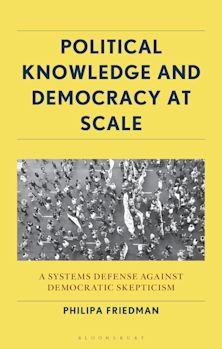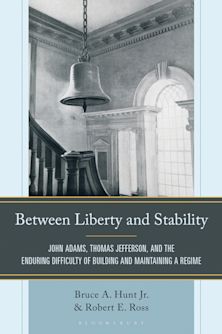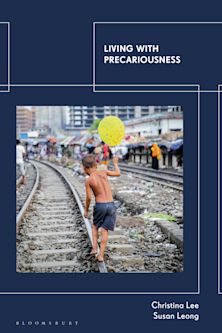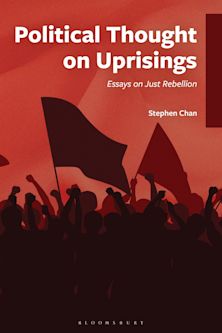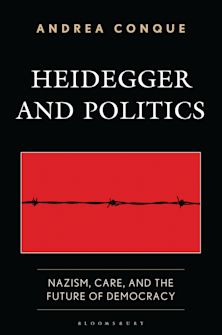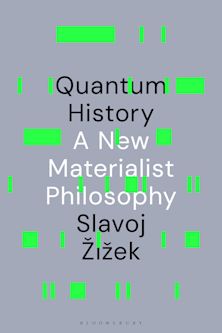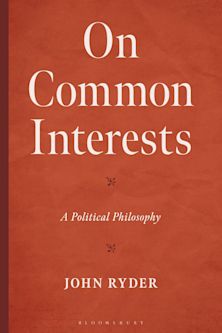An Accidental Pope
Essays on Frederick Rolfe’s Hadrian the Seventh
An Accidental Pope
Essays on Frederick Rolfe’s Hadrian the Seventh
Description
The novel Hadrian the Seventh has received critical attention in the past, there remain significant gaps in the scholarship regarding Frederick Rolfe's novel which this collection of essays aims to fill, particularly in terms of its political, religious, philosophical, and literary aspects. The topics discussed include the novel's place in literary history, both in terms of bridging Decadence with modernism as well as drawing on the Victorian literary tradition inspiring later authors, as well as its genre, offering new perspectives, casting Frederick Rolfe's novel as a humorous book in the Decadent tradition, and engaging in camp aesthetics. Political issues, frequently connected with religious matters owing to the book's subject matter, are represented by contributions discussing the role of the Catholic Church in the 20th century, engaging in discussion with Leo XIII's conciliatory, modernist approach. The issues addressed include the tension between temporal and spiritual power, and the Vatican's role in international policymaking. Some chapters focus on specific scenes, such as the conclave and the Pope's visit to St. Andrew's College provide insight into the protagonist's dislike of established Vatican politics.
Table of Contents
Preface
Introduction
1. Rolfe and the Scots College Revisited: Literary Appropriation and Anticipation Philip Healy (Oxford University, UK)
2. Ridiculous Sublime Decadence: Frederick Rolfe and the Queer Comedy of Aristocratic Detachment Richard A. Kaye (City University of New York, USA)
3. Frederick Rolfe and the Papal Conclave Frederic J. Baumgartner (retired, American Catholic Historical Association and professor emeritus at Virginia Tech, USA)
4. Succeeding Leo: Hadrian the Seventh as Catholic Social Thinking David P. Deavel (University of St. Thomas, USA)
5. George Arthur Rose's “Individualistic Altruism” in Frederick Rolfe's Hadrian the Seventh Miroslaw Aleksander Miernik (University of Warsaw, Poland)
6. The Thames Flows into the Tiber: Hadrian the Seventh in Italy Luca Fumagalli (Radio Spada, Italy)
Appendix 1: A Key to Hadrian the Seventh Robert Scoble (Independent Scholar, Australia)
Appendix 2: Memories of Palazzo Sforza Cesarini, Genzano di Roma Miroslaw Aleksander Miernik (University of Warsaw, Poland)
Product details

| Published | 30 Oct 2025 |
|---|---|
| Format | Ebook (PDF) |
| Edition | 1st |
| Extent | 162 |
| ISBN | 9798216255215 |
| Imprint | Bloomsbury Academic |
| Series | Politics, Literature, & Film |
| Publisher | Bloomsbury Publishing |
Reviews

ONLINE RESOURCES
Bloomsbury Collections
This book is available on Bloomsbury Collections where your library has access.













